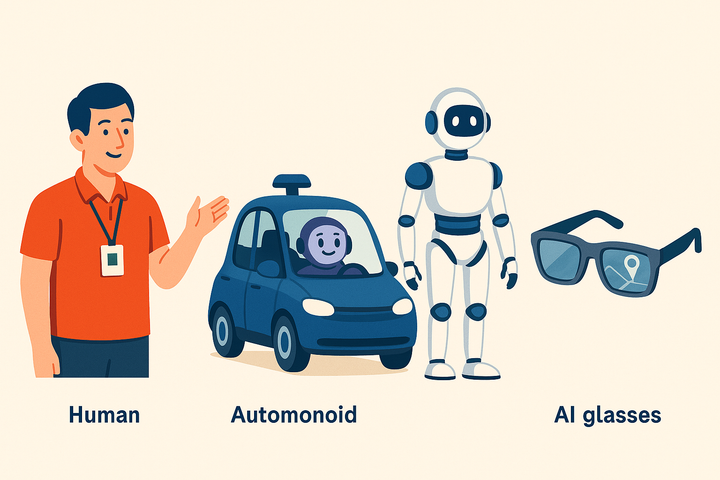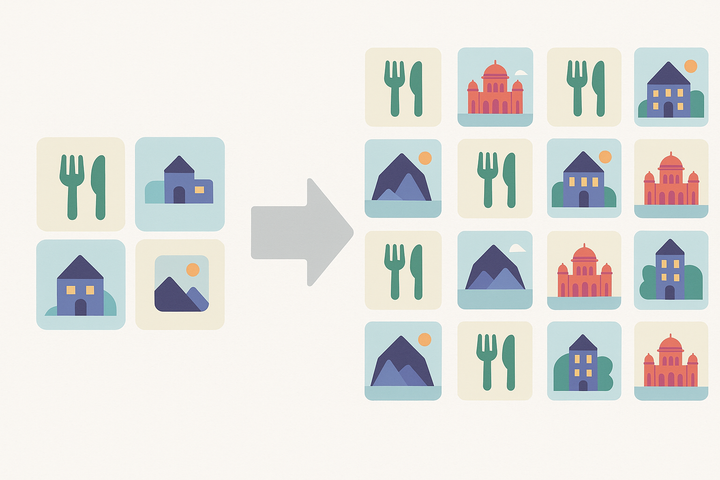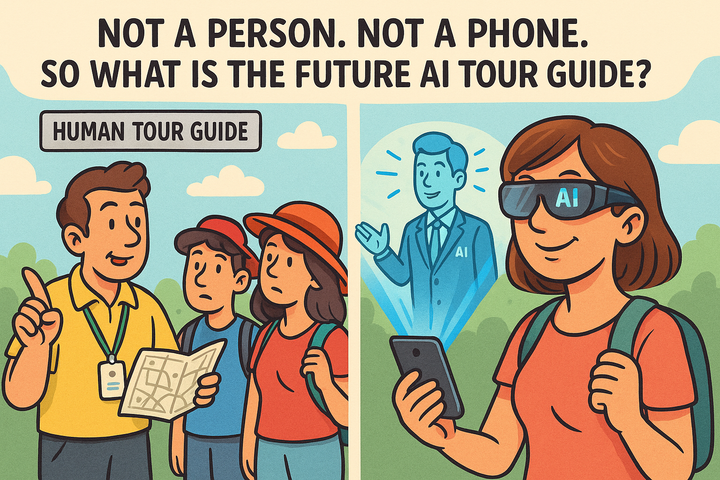From Scooter Tours to Smart Travel: How DGtalguide Automated the Experience Economy
Lessons from an Italian tour operator selling more than 2500 self-guided tours per season
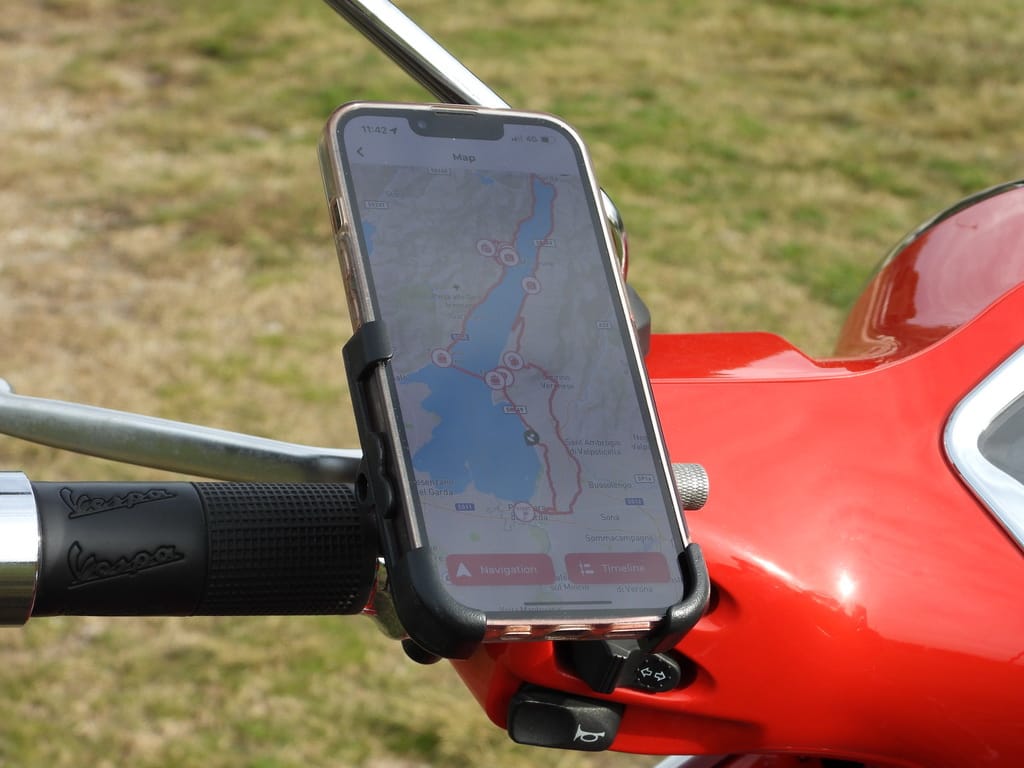
This is a guest post by Andrey Matveev, founder of Motoragazzi, one of the largest scooter tour operators in Italy, and the founder of DGtalguide, a platform that powers fully app-guided travel experiences
Since 2016, I’ve been organizing guided scooter tours in the Italian countryside. By 2020, we faced the same dilemma many local operators know all too well: too many customers, too many tours, and no scalable way to keep up. Hiring more guides meant shrinking our margins to near zero.
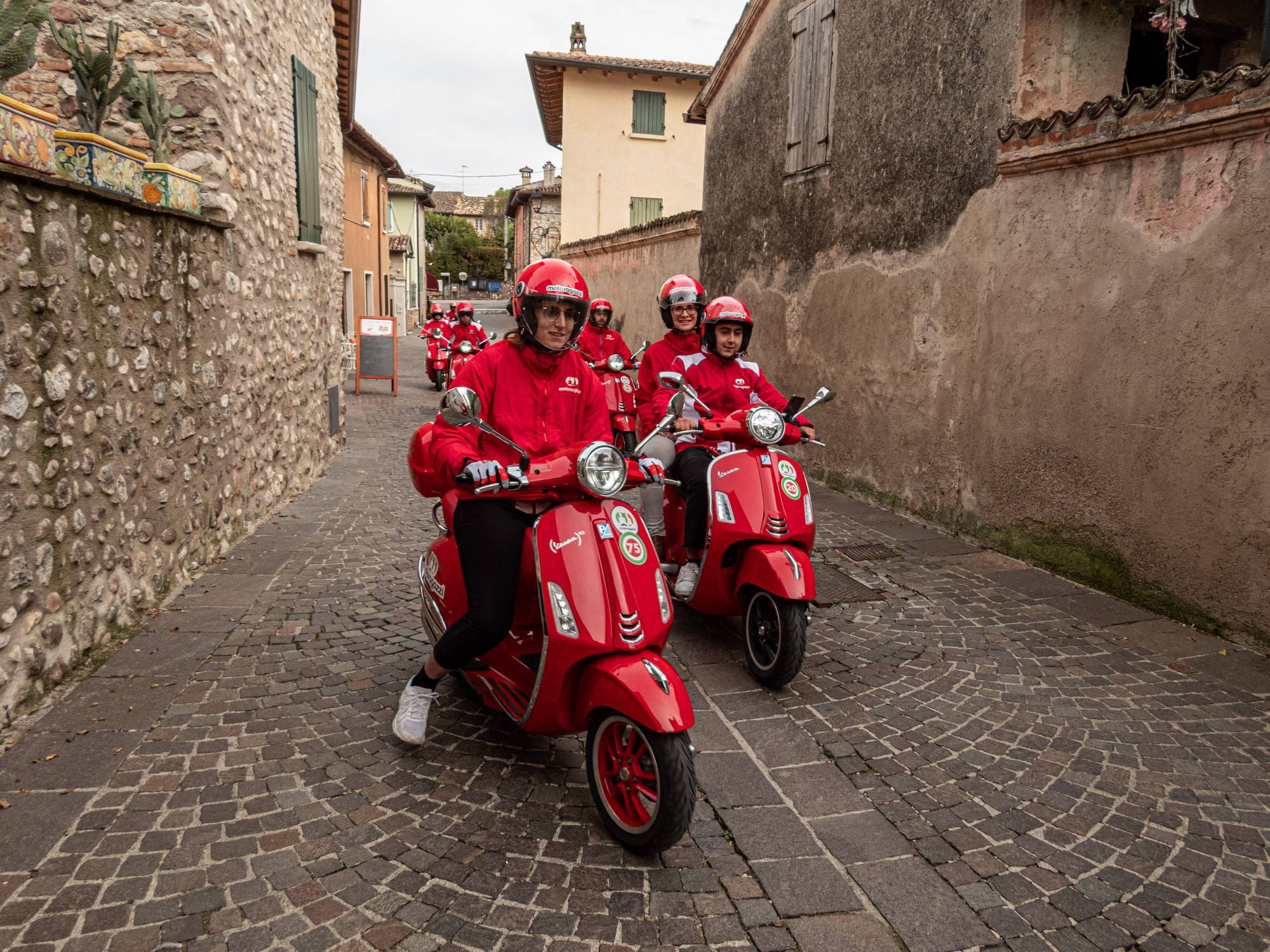
That’s when I realized — what if we removed guides and booking managers from the equation entirely?
We launched the first version of DGtalguide as both a platform and mobile app that could sell, coordinate, and deliver tours automatically. No booking managers. No emails. No phone calls. No human guides
Fast forward five years and close to $400,000 in R&D later: today we serve over 17,000 clients per year, selling more than 2,500 self-guided tours per season.
Every aspect — from scooter rental to wine tasting or restaurant reservations — is managed by the platform. No calendars. No coordination. No bottlenecks.
DGtalguide 1,5-minute reel. Very briefly about the platform and its main features.
In 2024, we began marketing DGtalguide as its own product. It’s now a standalone company registered in the U.S., and operators from other countries have joined the platform. We’ve also launched several white labels.
What We’ve Learned Along the Way
This journey has taught me a lot about the new generation of travelers — and what it takes to build technology they actually want to use. Here are some takeaways I think are critical for the future of travel tech:
There’s a new wave of travelers — and they are different
They’re young, they’re saving, value freedom, and prefer to avoid human interaction wherever possible. They don’t want a guide. They don’t want a group. They want control — and they want it through an app.
Time is more valuable than ever
These travelers tend to travel often, but briefly — think two- to five-day trips. They don’t have time for a clunky flow of “inquiry → booking → payment → confirmation.” If it’s not instant, if it’s not tailored to their needs it’s broken.
Content isn't the product — the experience is
This one might hurt: they won’t pay for storytelling. Platforms selling self-guided audio tours with a “local vibe” are mostly unprofitable, because the content in my opinion isn’t the product. It’s just the packaging. What they will pay for? Impeccable tour organization, authentic experiences and real savings.
A private cheese tasting on a family farm? Yum! A wine tour at a tiny vineyard? Yes! A ferry discount on Lake Garda or a local restaurant reservation with perks? Take my money!
The language barrier is dead
Don’t bother with translators. These travelers love the chaos of hand gestures and dialects. Talking to an 85-year-old grandma in a vineyard who speaks no English? That’s the highlight. When absolutely necessary, their smartphone does the translating.
DGtalguide works for tours of any duration and with any means of transportation.
The Next Frontier: What Happens When AI Builds the Tour?
We’re now integrating AI into DGtalguide — and facing some foundational questions:
- If AI creates the tour or part of it, who’s legally responsible? The answer is obvious: the tour operator. Legal responsibility is the true product of a tour company — not the bus seat, the hotel room, or even the itinerary or wine tasting.
- Is this just a travel product? When AI builds a route, books services, and presents content, it doesn't matter whether the result is a tour or a routine day trip in your own city. The mechanics are the same. This goes way beyond tourism.
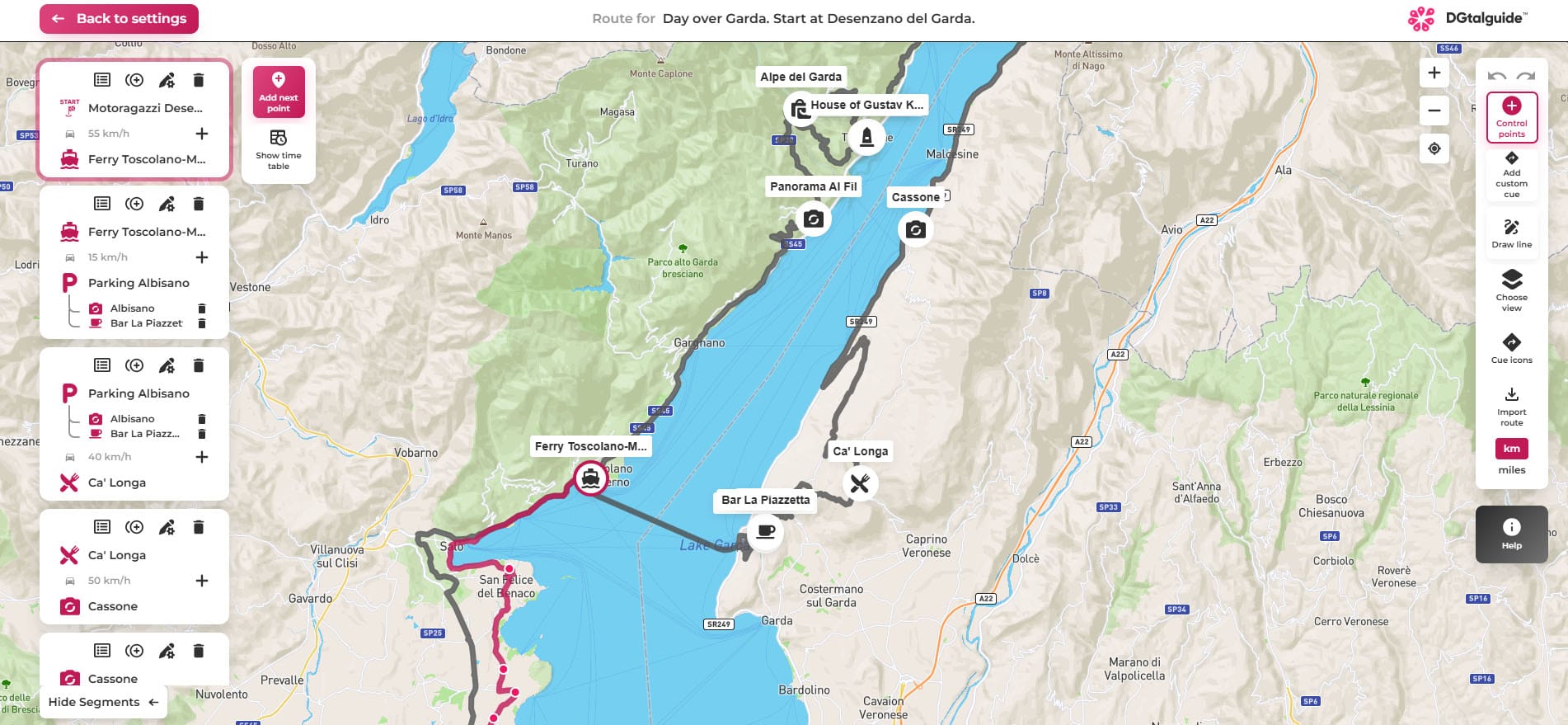
- AI-powered platforms can't replace local operators — not yet. AI doesn’t know the secret wine cellar behind that old olive press. It doesn’t have a cousin who runs the scooter shop. It lacks relationships. That’s what keeps local operators not just relevant, but essential.
- What happens when transportation goes autonomous? It’s easy to obsess over self-driving vehicles — but in the end, who cares how the traveler gets there? What matters is what’s inside the experience. So the real question becomes: how do we deliver our tour product into that transport system? This opens up a much larger conversation about standardizing app-guided tour formats — so they can be universally loaded, played, and experienced across platforms and vehicles.
And it's not too early to talk about it.
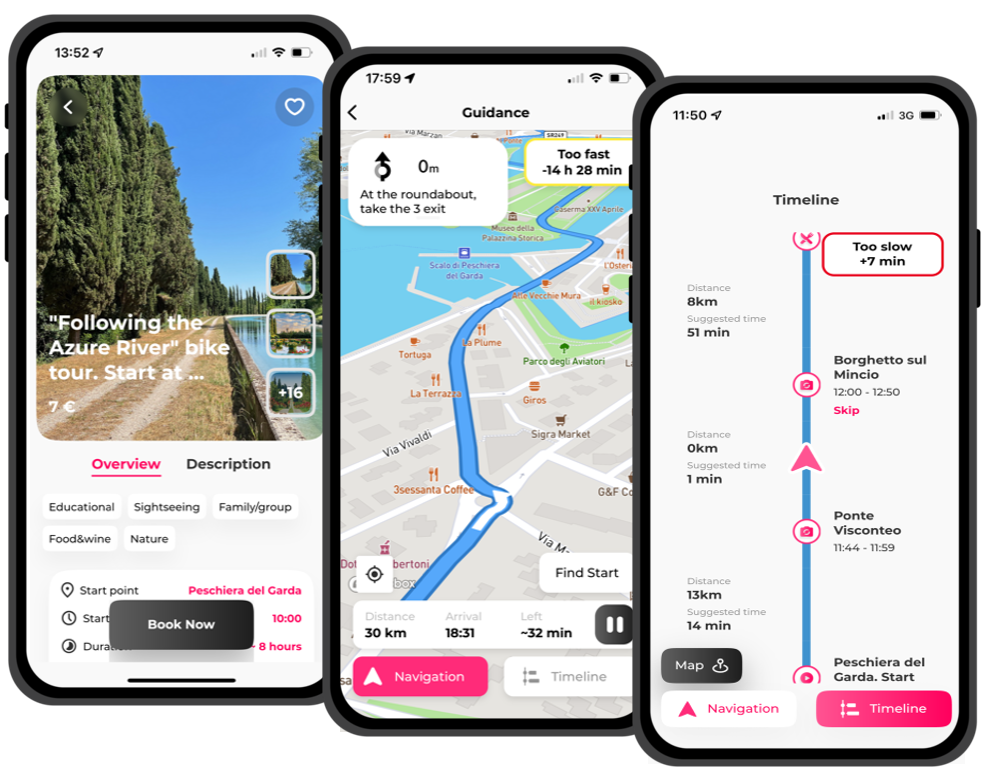
Want to read more like this?
Low volume. Short length. Focused content.
We know you're busy — only the good stuff, no noise.

